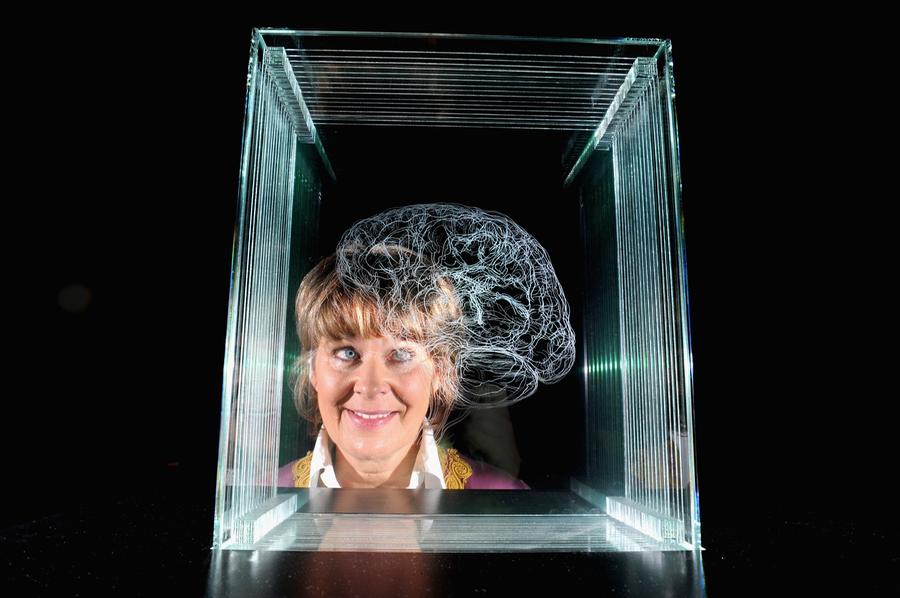Lifestyle
Research Reveals Multitasking Harms Brain Function and Focus

The act of multitasking, often celebrated as a modern skill, may actually hinder cognitive performance, according to recent research. While many individuals pride themselves on their ability to juggle multiple tasks, scientific insights indicate that the human brain functions more effectively when focused on a single action or thought. This revelation challenges the common assumption that multitasking leads to increased productivity.
Studies show that rather than performing two tasks simultaneously, the brain switches rapidly between them. This constant task-switching can significantly reduce concentration levels and the quality of work produced. Individuals who engage in multitasking frequently may find that each task is completed to a lesser standard than if they had dedicated their attention solely to one endeavor.
Many people feel pressured into multitasking due to time constraints, often believing it to be a necessary skill for managing daily responsibilities. However, this habitual practice can have detrimental long-term effects on mental clarity and efficiency. Experts suggest that intentionally focusing on one task at a time can enhance overall cognitive function and lead to better outcomes.
Mindfulness and Concentration
Practicing mindfulness, such as taking a moment to appreciate a meal, can be beneficial for mental well-being. For example, concentrating on the act of saying a blessing before eating can deepen the enjoyment of the food and foster gratitude. This brief pause allows individuals to reflect on the source of their nourishment, enhancing their connection to the present moment.
The principles of mindfulness have been echoed in ancient texts, such as the Torah, which predates modern psychological insights. The wisdom contained within these teachings emphasizes the importance of being present in each moment, suggesting that such awareness can lead to a more meaningful life.
As highlighted by Scottish artist Angela Palmer, who created a sculpture featuring a 3-D image of her brain, the significance of understanding our cognitive processes cannot be understated. Her work serves as a reminder of the complexities of the human mind and the importance of nurturing it through focused attention.
In a world increasingly driven by the need for speed and efficiency, recognizing the limitations of multitasking may allow individuals to reclaim their mental capacity and enhance their productivity. By prioritizing single-tasking, individuals can not only improve their performance but also foster a greater appreciation for the tasks at hand.
Ultimately, the journey towards improved cognitive health may require a shift in mindset, encouraging a deeper connection to the present and a commitment to focusing on one task at a time.
-

 Science2 weeks ago
Science2 weeks agoInventor Achieves Breakthrough with 2 Billion FPS Laser Video
-

 Top Stories3 weeks ago
Top Stories3 weeks agoCharlie Sheen’s New Romance: ‘Glowing’ with Younger Partner
-

 Business3 weeks ago
Business3 weeks agoTyler Technologies Set to Reveal Q3 Earnings on October 22
-

 Entertainment3 weeks ago
Entertainment3 weeks agoDua Lipa Aces GCSE Spanish, Sparks Super Bowl Buzz with Fans
-

 Health3 weeks ago
Health3 weeks agoCommunity Unites for 7th Annual Into the Light Walk for Mental Health
-

 World3 weeks ago
World3 weeks agoR&B Icon D’Angelo Dies at 51, Leaving Lasting Legacy
-

 Health3 weeks ago
Health3 weeks agoCurium Group, PeptiDream, and PDRadiopharma Launch Key Cancer Trial
-

 Entertainment3 weeks ago
Entertainment3 weeks agoRed Sox’s Bregman to Become Free Agent; Tigers Commit to Skubal
-

 Entertainment3 weeks ago
Entertainment3 weeks agoMother Fights to Reunite with Children After Kidnapping in New Drama
-

 Health3 weeks ago
Health3 weeks agoNorth Carolina’s Biotech Boom: Billions in New Investments
-

 Science3 weeks ago
Science3 weeks agoNorth Carolina’s Biotech Boom: Billions Invested in Manufacturing
-

 Top Stories3 weeks ago
Top Stories3 weeks agoDisney+ Launches Chilling Classic ‘Something Wicked’ Just in Time for October









